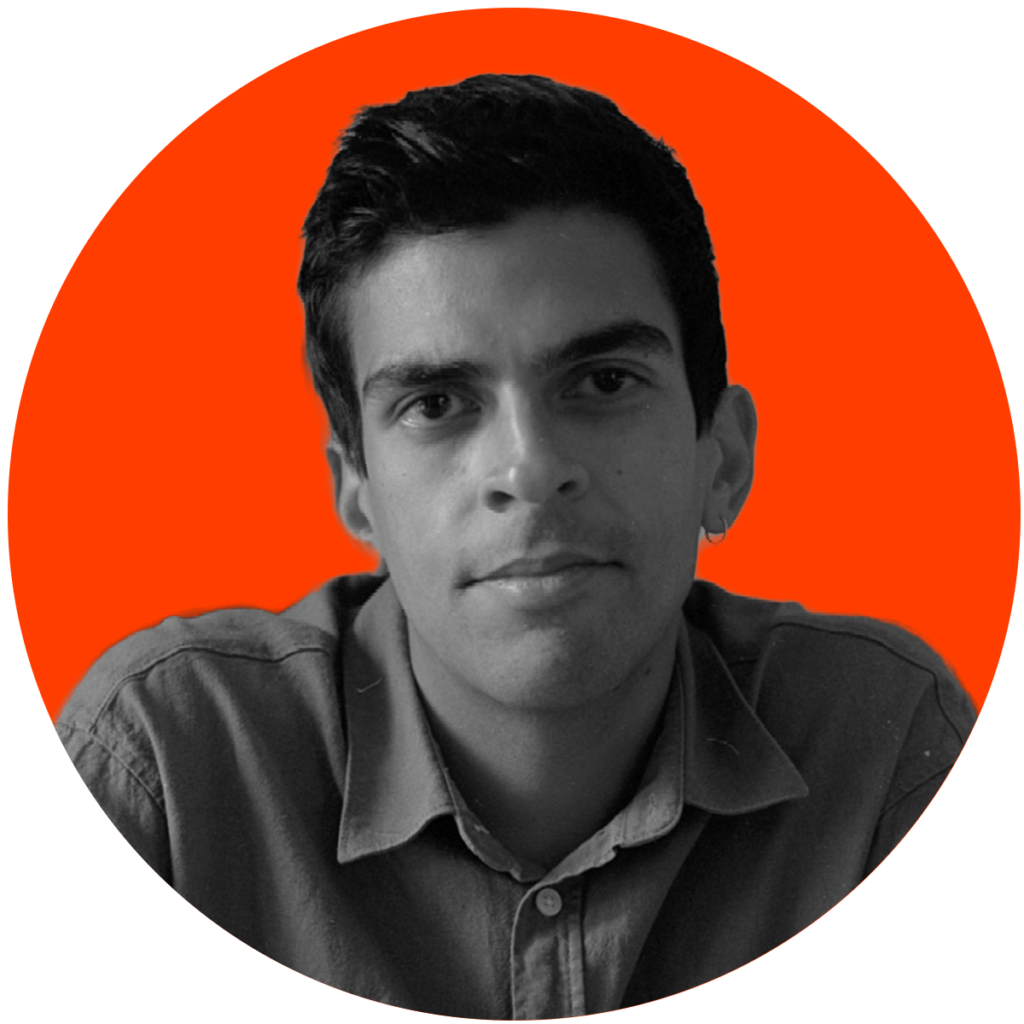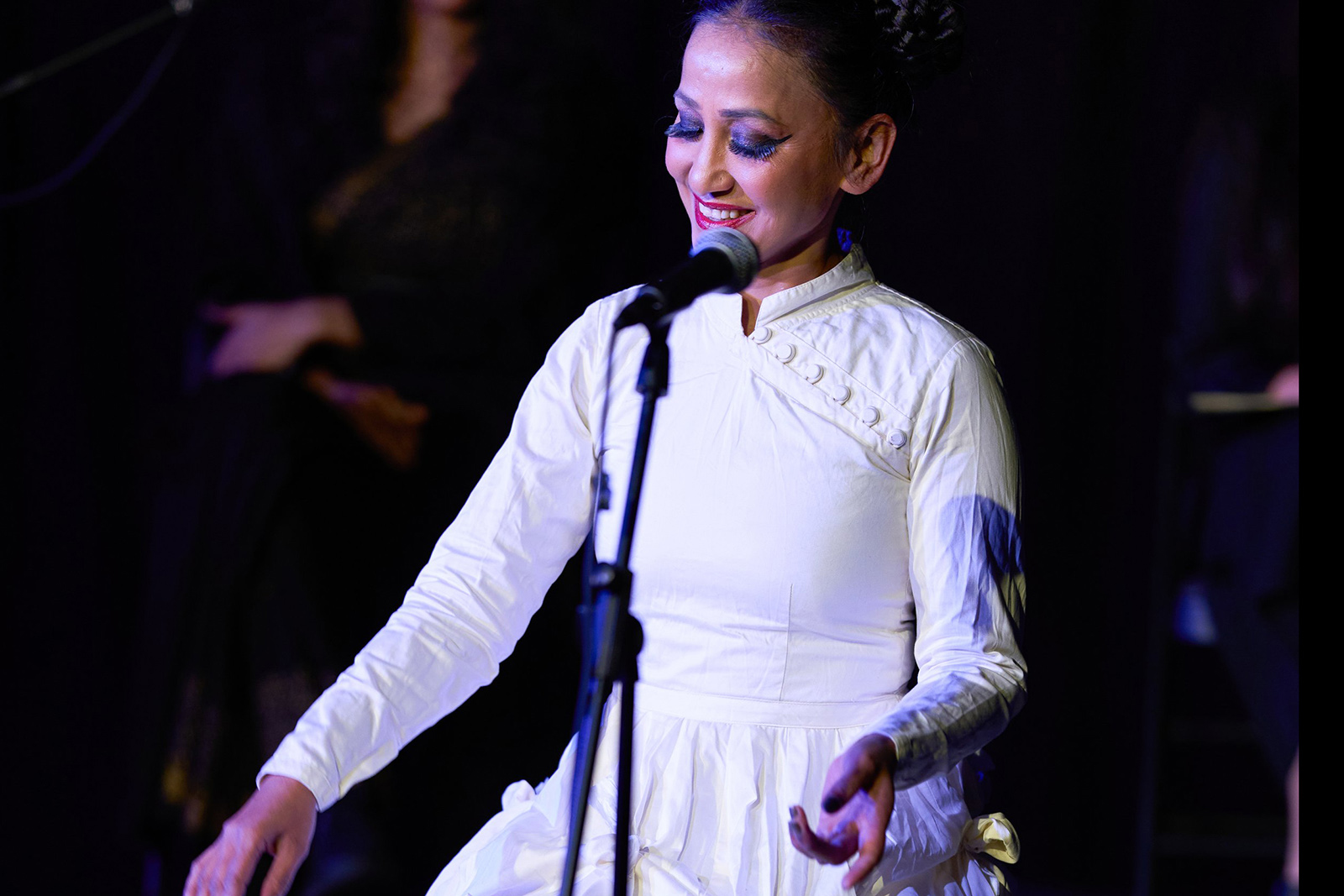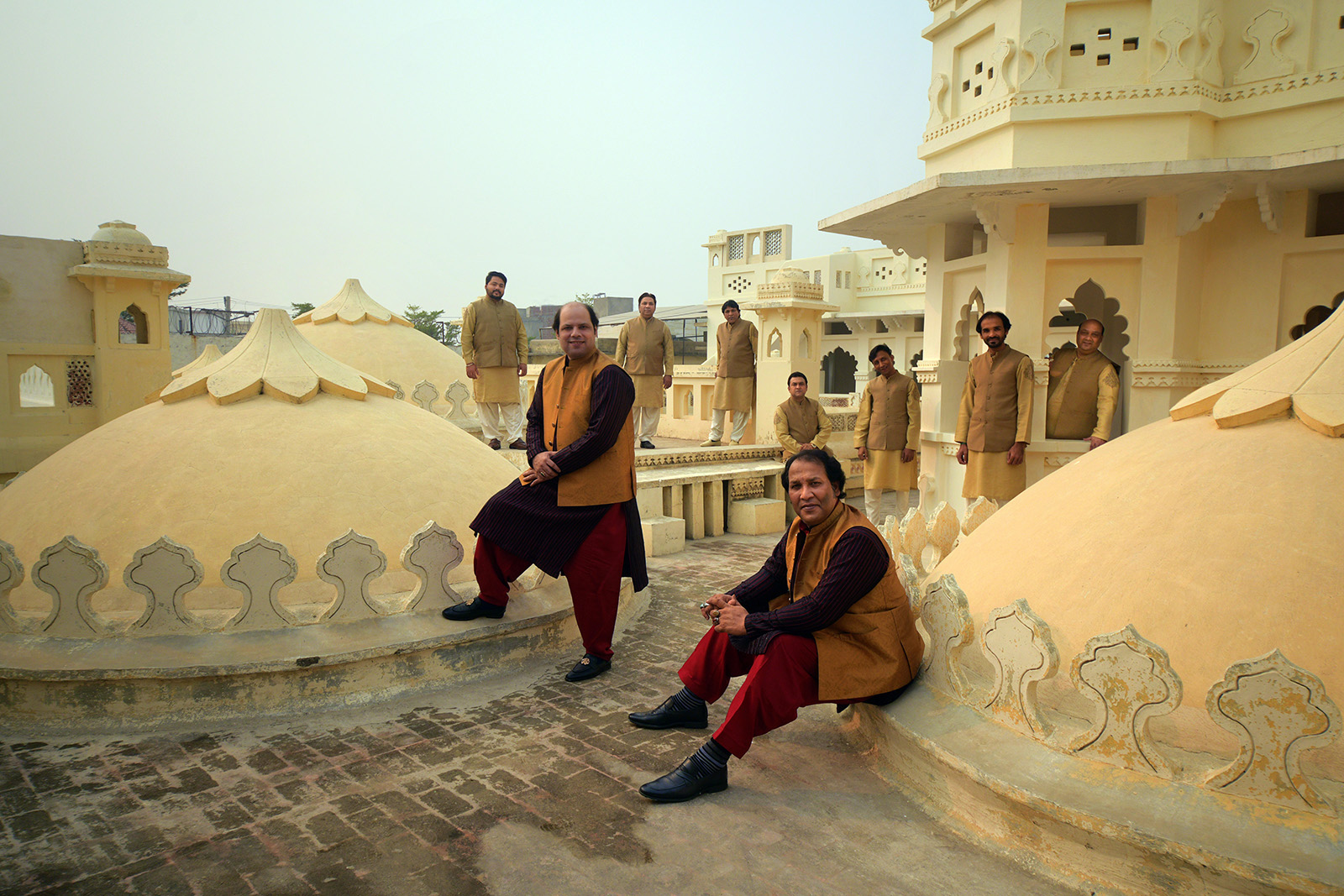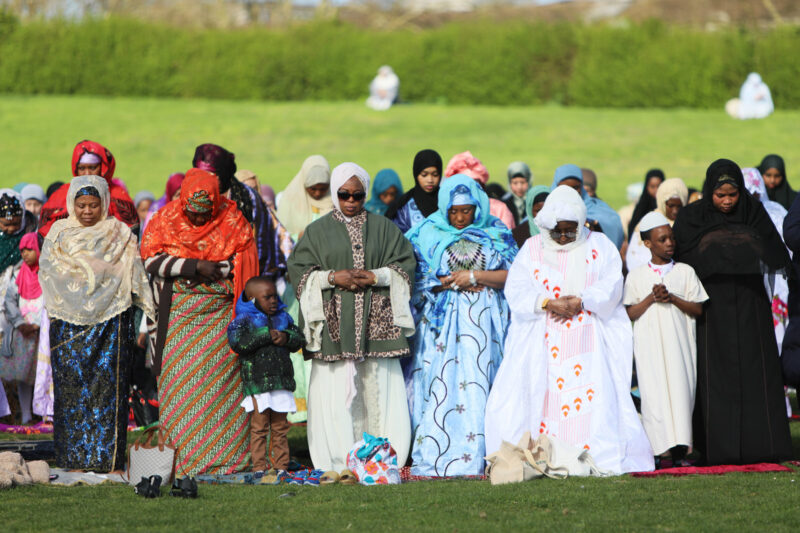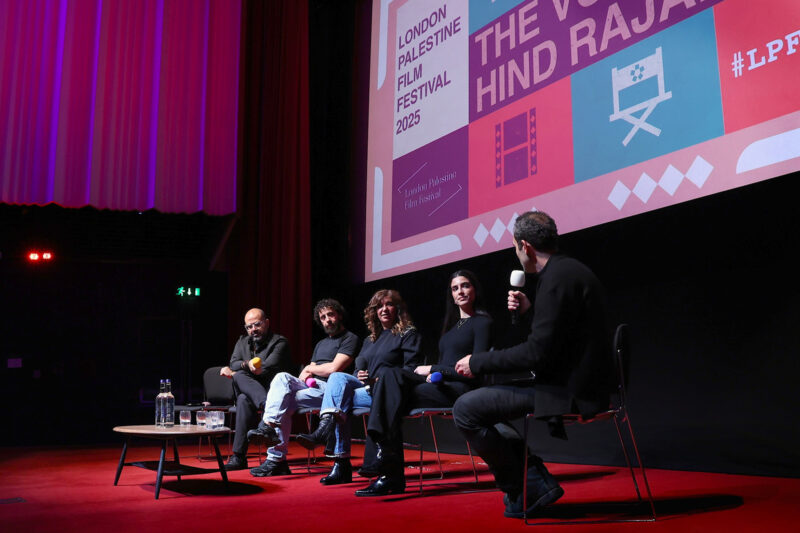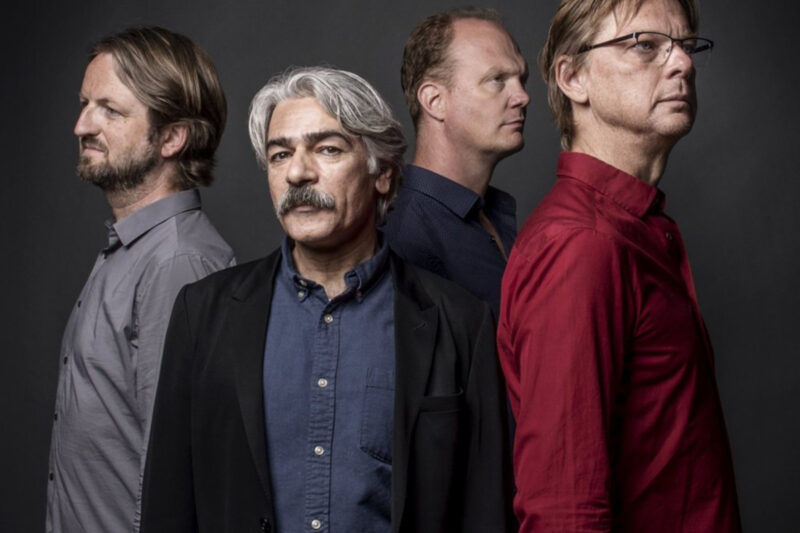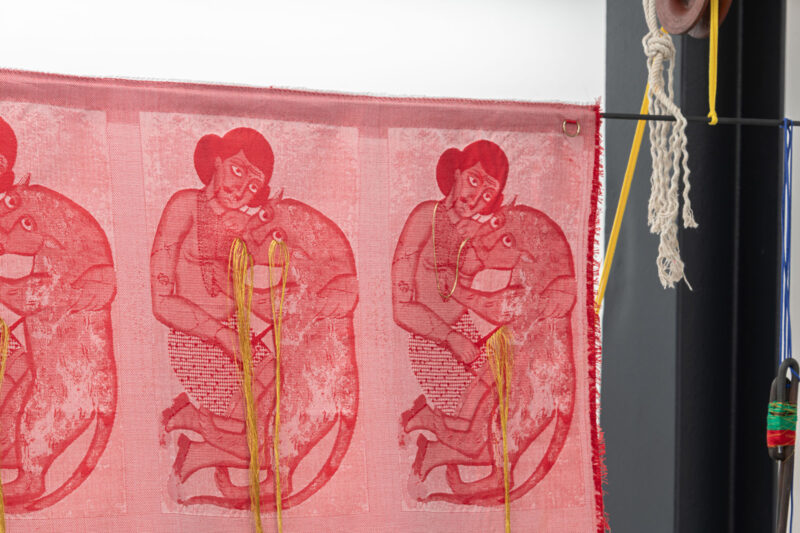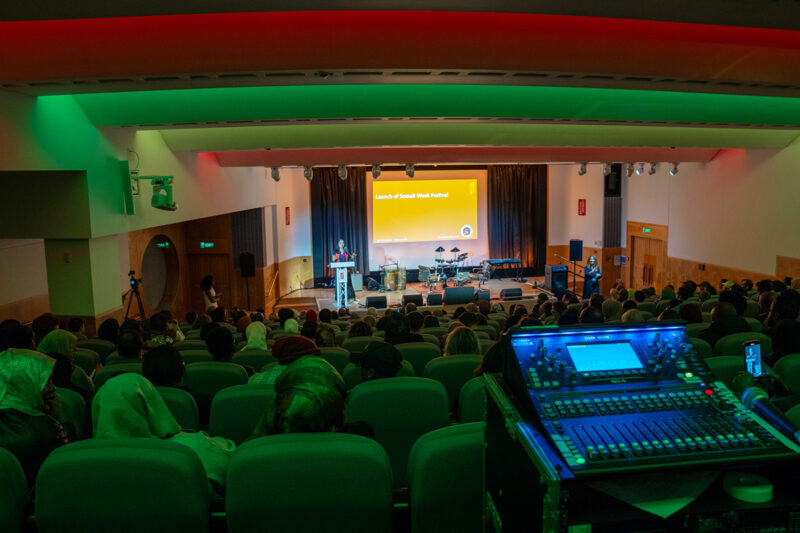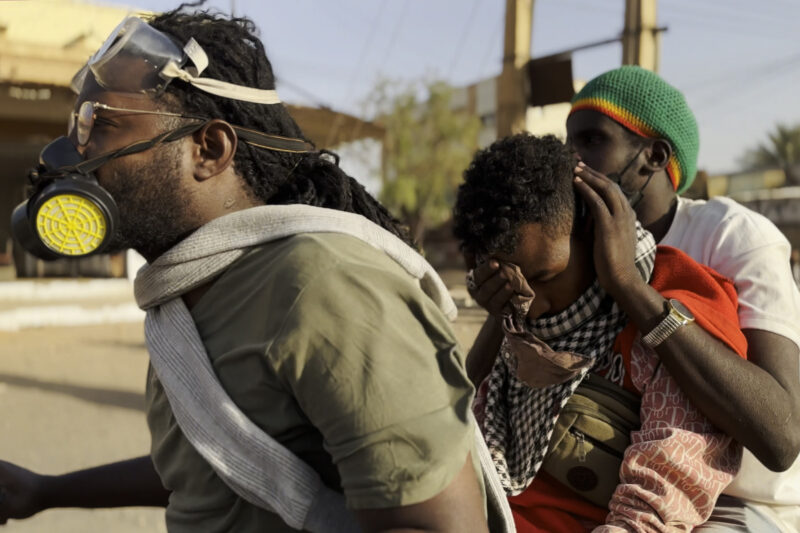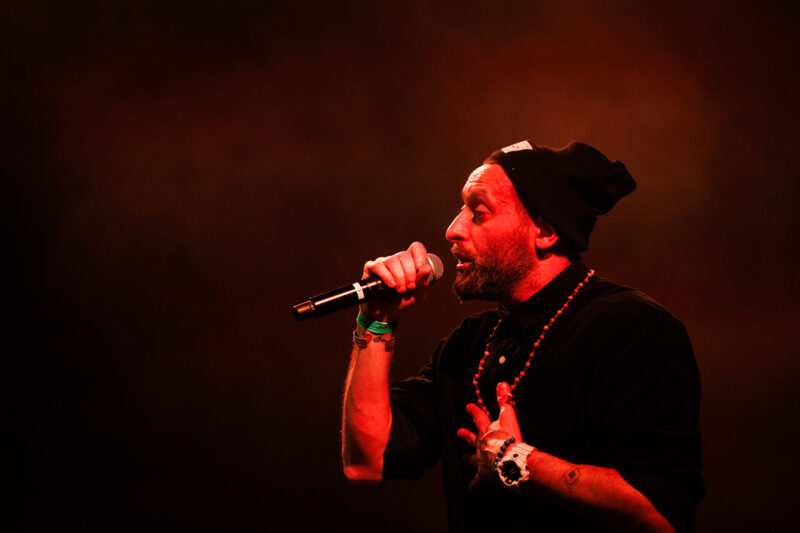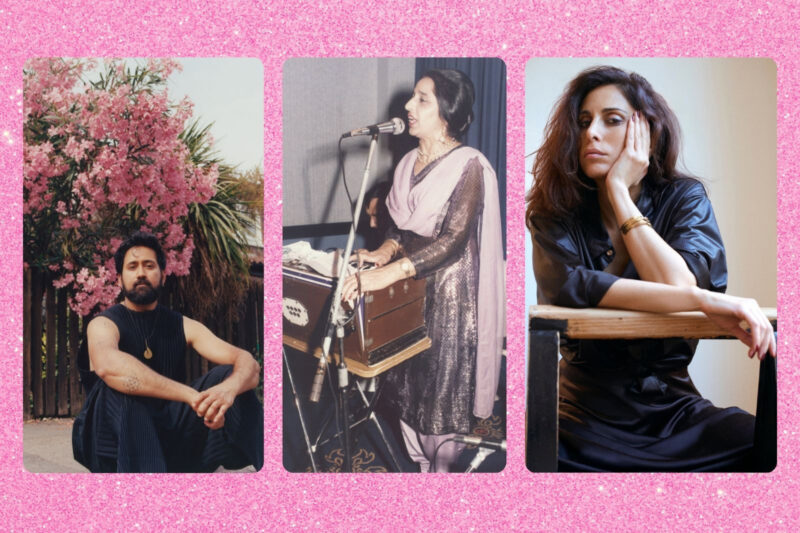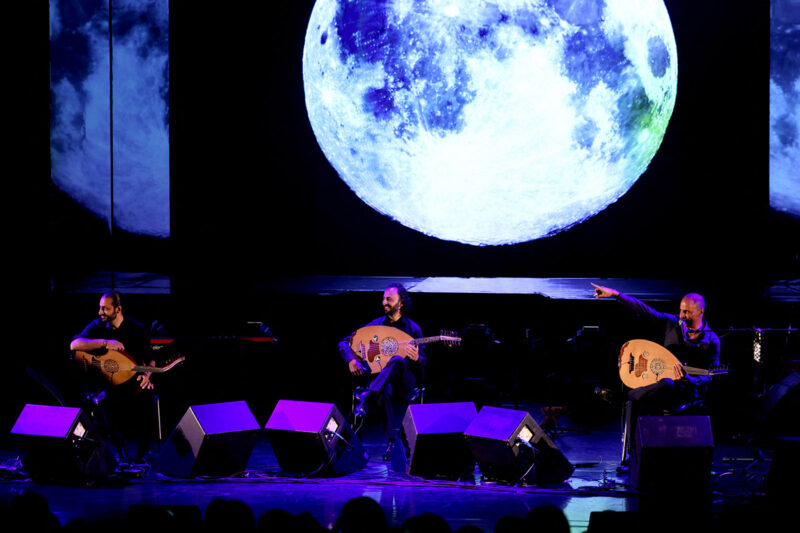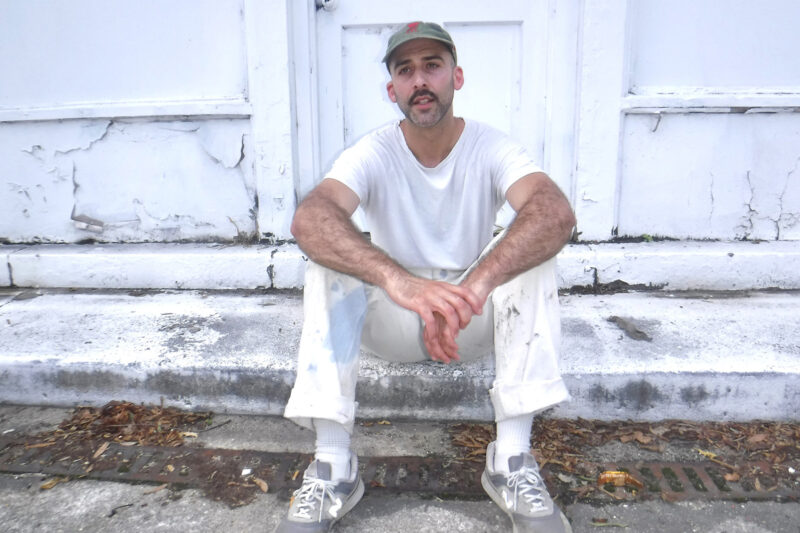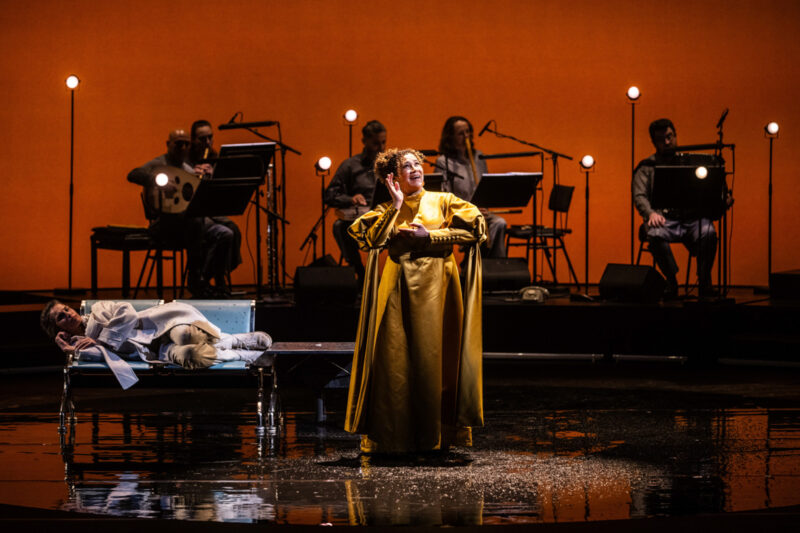Darbar Festival celebrates 20 years bringing Indian classical music to the UK
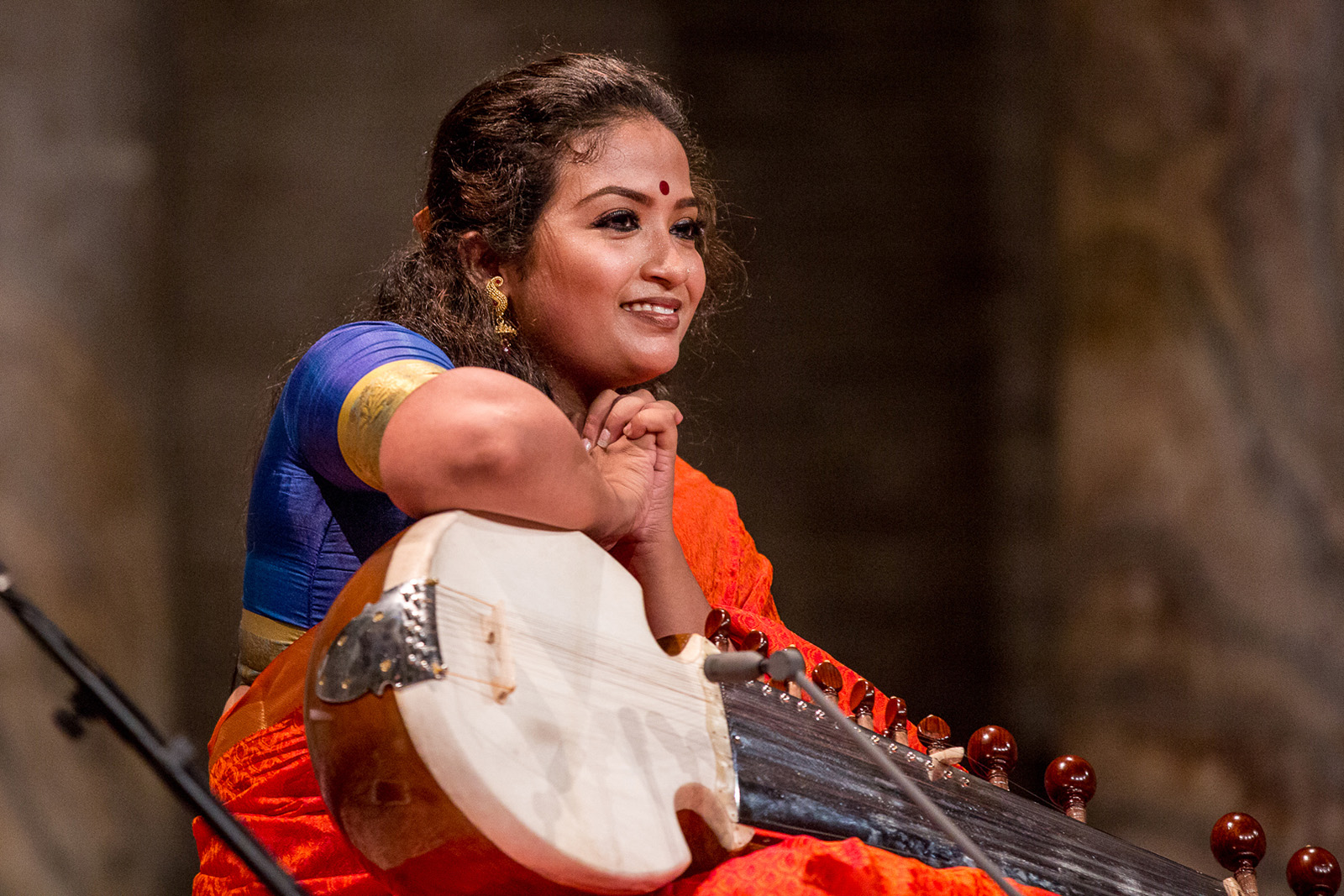
This year’s event at London’s Barbican Centre highlights the healing elements of the ancient tradition alongside shows from pioneering artists
Dozens of British Asian artists as well as masters from the subcontinent will be performing in London concert halls this autumn as part of Darbar Festival: a month-long programme celebrating the vanguard of Indian classical music.
Marking its 20th year in 2025, Darbar is putting on its largest and most comprehensive festival yet at the Barbican Centre and Royal Albert Hall. Spanning 24 events exploring the ancient musical tradition, the programme features tributes to pioneering tabla player Zakir Hussain, to raga wellbeing events and musical yoga sessions.
“We have been on a mission from day one to platform and document the ancient traditions of Indian classical music, as well as give stages to new performers coming through,” Darbar team member Sana Ejaz says. “In our 20th year we are welcoming back old faces as well as looking forward to the new generation.”
Darbar Festival was inspired by the work of Bhai Gurmit Singh Virdee, a Leicester-based tabla teacher who pioneered a new egalitarian system of teaching the percussion instrument. He spent three decades tutoring hundreds of South Asian students from his home.
At a tribute concert held in Virdee’s hometown in 2005, former students gathered to perform for the local community, which sparked an idea in his son Sandeep’s mind. “Sandeep decided to channel the inclusive teachings of his father and begin a yearly showcase that would continue his mission of spreading Indian classical music and culture throughout the country,” Ejaz says.
Named Darbar after the term referring to the Mughal court where rulers were entertained by musicians, the festival initially continued at local Leicester venues before moving to the Southbank Centre in London in 2009 to accommodate its audience, which has now grown to 15,000 people.
“In 2024 we became Barbican Artistic Associates, which is a huge step for a South Asian arts organisation to have close links with such a national institution, and this year we’re also putting on our first show at the Royal Albert Hall,” says Ejaz. “We’re really going big for the anniversary.”
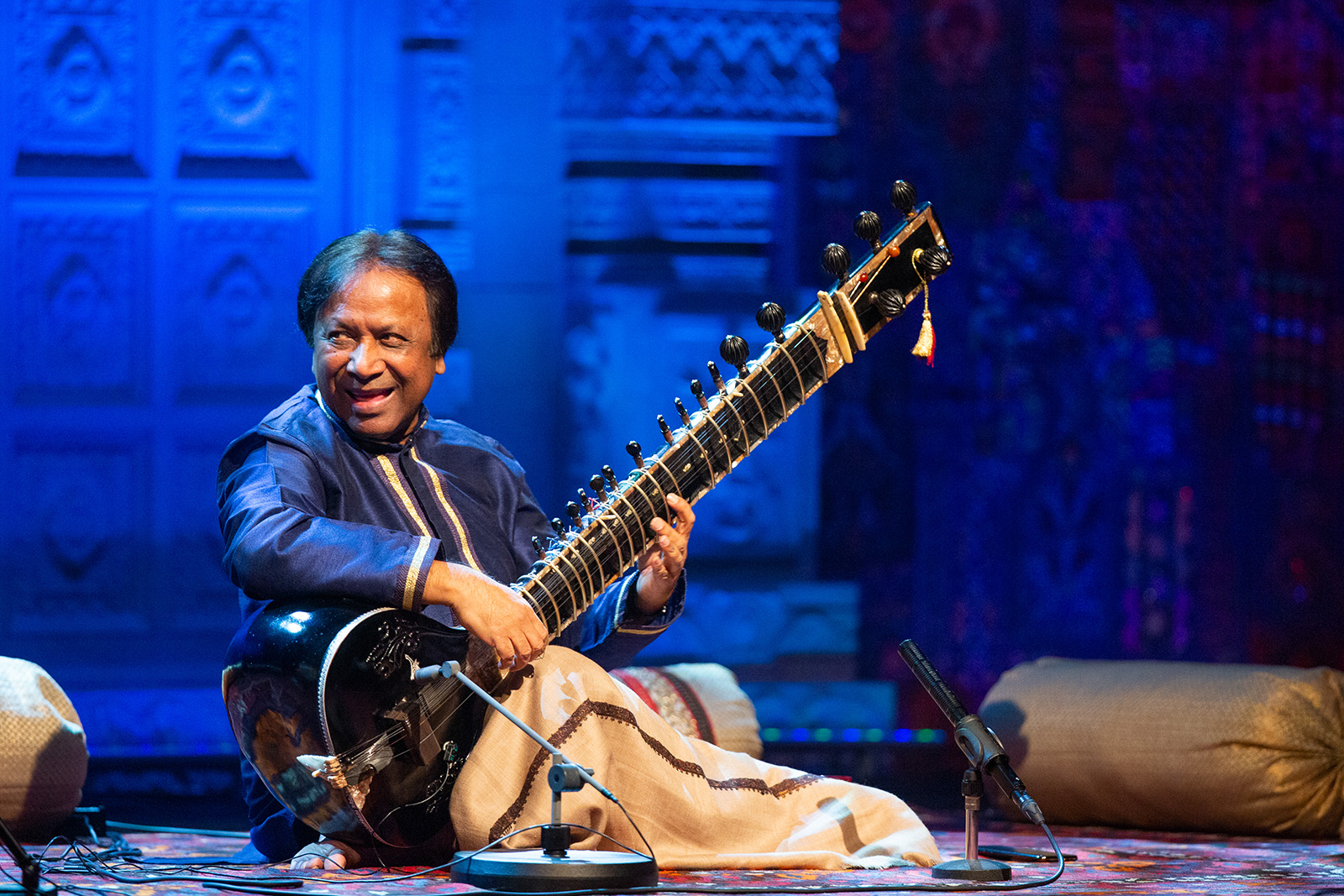
Among the headline names are several returning acts and exemplars of the Darbar mission to nurture Indian classical tradition. On 26 October bansuri flute maestro Rakesh Chaurasia will be performing a double bill of ragas alongside tabla player Pandit Yogesh Samsi, a disciple of Ravi Shankar collaborator Ustad Alla Rakha. Seventh-generation sitar virtuoso Ustad Shahid Parvez will also be showcasing his signature “singing sitar” style at the Barbican on 25 October.
Ejaz also highlights the importance of female representation in the lineup. “Historically, women have often been in the background so we have a commitment to ensure they’re celebrated,” Ejaz says. Highlights include the violin duo Akkarai sisters on 23 October, British sarod player Debasmita Bhattacharya on 22 October, and a vocal showcase at the Royal Albert Hall on 29 November from Kaushiki Chakraborty and the Ranjani Gayatri Sisters.
Another pioneering performance will come courtesy of Carnatic vocalist TM Krishna on 26 October at the Barbican. “He is making his debut at the festival and it’s incredibly exciting since he is challenging all the traditions of Carnatic music,” Ejaz says. “He sings in Bengali, Urdu and Farsi, rather than just the tradition of Tamil, and is totally against the caste system so often will perform in marketplaces to make the music as inclusive as possible. He is the future of this tradition.”
Equally central to the Darbar experience is integrating wellbeing alongside the musical programme. It’s an experience that is just as impactful as hearing the playing of a virtuoso, Ejaz explains.
“Indian classical music has long been used for therapy and meditation and it goes hand-in-hand with the concert and recital tradition,” Ejaz says. “People can go to a wellbeing session in the morning and watch a show in the evening, meaning they can explore every aspect of the music to create a holistic experience.”
Bansuri player Jason Kalidas is performing a series of Raga Wellbeing shows on 18 and 19 October at the Barbican, playing meditative ragas to put listeners in a grounded and emotionally attuned state of mind before they go to the other concerts.
“Music is capable of putting listeners in different moods and it can have immensely healing qualities,” Kalidas says. “Indian classical music took that concept to the highest level, producing ragas that can put people in all sorts of mindsets and allow them to process their feelings. I’ve seen people cry and go through all sorts while performing this ancient tradition.”
Ultimately, this mission to represent the vast spectrum of Indian classical tradition is what’s driving Darbar for the next 20 years. “There’s a saying that when Mozart was in his nappy, Indian classical music was 6,000 years old,” Ejaz says. “We have an immense history but we haven’t preserved it well. That’s why we want Darbar to carry on not just as a space to platform artistry but also as a record of its existence.”
Darbar Festival is running from 18 October 2025. Concerts will be streamed online on the Darbar Player.
 Newsletter
Newsletter

